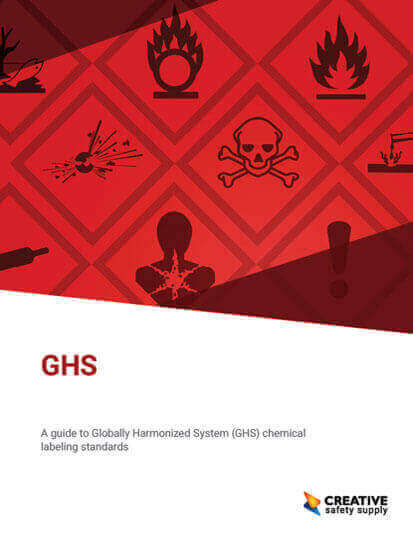
If you need to follow the Globally Harmonized System of Classification and Labeling of Chemicals (GHS) then you need to know the full scope of what that covers. Most companies that use any type of hazardous chemical in the United States will need to comply with the GHS because it has been largely adopted by OSHA for their safety standards. In addition, companies outside the US often need to follow these standards either because of local regulations or because they send or receive chemicals to US-based companies where the labels are required.
GHS covers all types of hazardous chemicals and products, including industrial chemicals, consumer chemicals, agricultural chemicals (including pesticides), pharmaceuticals, and more. Making sure that you are following the GHS standards anytime that they are required is important for avoiding fines and penalties. It is also necessary for making sure that your facility is kept as safe as possible and that you can minimize any type of hazards to your employees, your building, and the surrounding environment.
While the GHS standards are going to provide you with the information you need to make sure you are properly labeling all chemicals used in your facility, that is not the entire scope. Most GHS programs will also include requirements on who must be aware of the different standards. For example, employees must be told about the hazardous chemicals that they are working with. They also need to be told where they can find the safety data sheets on each chemical.


